An account is required to join the Society, renew annual memberships online, register for the Annual Meeting, and access the journals Practicing Anthropology and Human Organization
- Hello Guest!|Log In | Register
Candidates for Board Member
Hedda Askland
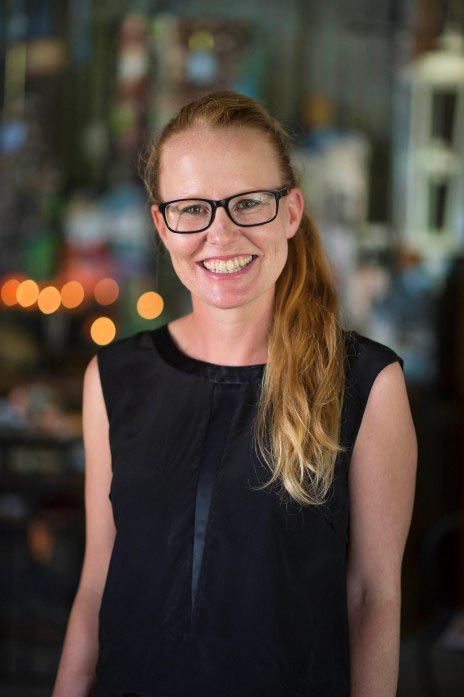 Dr. Hedda Haugen Askland
Dr. Hedda Haugen Askland
The University of Newcastle, Australia
CV
I am a social anthropologist whose research centres on the questions of displacement and rupture in the context of significant socio-political and environmental change. My early scholarly work focussed on the experience of exile and identity within the East Timorese diaspora in Australia, with a particular consideration of how conflict ‘at home’ shapes everyday diasporic practice and translocal engagements. In my early post-doctoral years, I applied my anthropological knowledge and skills to the interdisciplinary field of architecture, design and construction management. Through this work, I became increasingly interested in the anthropological dimensions of built and natural environment, the implications of large-scale infrastructure and development on smaller (particularly rural) communities, and the forms of invisible displacement that occur in the name of progress and development.
My chief scholarly contributions have been in the areas of displacement and the anthropology of mining. My current ethnographic research focuses on mining-affected communities in rural New South Wales, Australia. It engages with the theoretical topics of temporality and materiality, class and inequality, proximity and reciprocity, and is placed in relation to the anthropological scholarship on mining and extraction, globalisation and accelerated change. My work presents a deep critique of the conventional emphasis on displacement as a linear process from hardship to refuge initiated by involuntary movement across geographical boundaries and socioeconomic realities.
I am committed to producing scholarship that has application to the public. My work has informed policy and planning while also raising awareness about the injustice that takes place in the name of economic progress, development and public good. I regularly offer advice on social impacts and work closely with local communities in responses to development applications. For the past few years, I have worked with the NSW Department of Planning and Environment to develop the Social Impact Assessment Guideline for State Significant Projects (2021), and have also served as an expert witness in the NSW Land and Environment Court, with my expert report instrumental in the first judgement in NSW history to overturn a coal mine proposal on the grounds of social impacts.
As a member of the SfAA board, I would use my experiences and international lens to support disciplinary efforts that respond to the urgent demands of living in the Anthropocene. I am particularly interested in amplifying applied scholarship that makes a difference in the communities in which we work, and would seek to do this through the society’s awards and prizes. I would also seek to contribute to the SfAA’s special committee work focussing on the translational dimensions of environmental anthropology. As a Norwegian anthropologist working in Australia, I bring a unique international lens to the society, which offers modes for reflection and insight as I navigate pressures rising from working within a neoliberal and settler colonial setting both similar and different to those in the US. I believe in working, thinking and practicing anthropology across various domains and borders, and hope to have the opportunity to use my expertise and skills to advance the SfAA in its endeavours to address contemporary issues and problems.
Yi-Tsun Chen
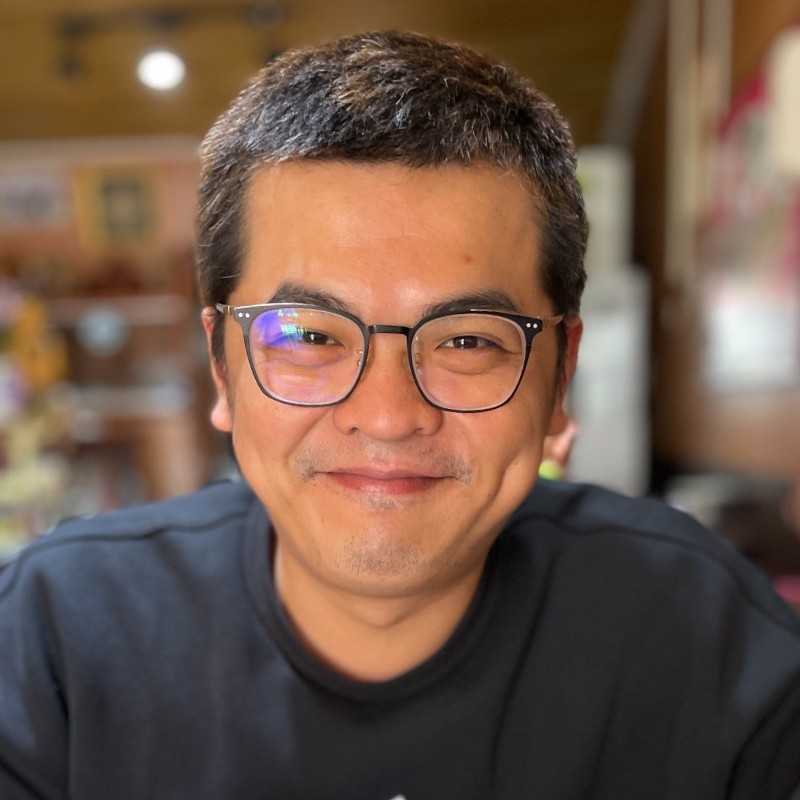 Yi-Tsun Chen, Ph.D.
Yi-Tsun Chen, Ph.D.
My name is Yi-Tsun Chen, a Ph.D. graduate advocating for the values of the SfAA by applying cross-disciplinary knowledge, social theories, and ethics into practices of community work. My research interest has been focused on medical anthropology including vulnerability, social suffering, and the everyday struggles facing social minorities and the disadvantaged.
My analytic skills in health studies are evidenced through my PhD dissertation receiving the 2020 ANU Gender Institute PRIZE For Excellence in Gender and Sexuality research (https://reurl.cc/GmEWEp).
Being a member of the society for two years, I have been able to evolve my understanding of anthropology beyond academic discussion. My increasing engagement with a diverse range of audiences is facilitatedthrough the translation of anthropological knowledge into local practices.
As a passionate advocate for social cohesion and justice, I have been empathetic, practical, and thorough inmy research and very engaged in the subject matter. I have assisted several Civil Society Organizations (CSOs) in both Taiwan and Australia in raising matters of importance to members of both governments.
I have experience working under multiple supervisors across departments in research management, ranging from proposals evaluation, grants coordination, quantitative and qualitative data analytics, and research strategies planning. Given the need to effectively coordinate team members for research management andother activities during the COVID- 19 pandemic, I applied my teamwork experience, leadership, and communication skills to effectively engage with internal and external stakeholders.
My project management skills through the standard operating procedures successfully facilitated a Molecular Imaging Laboratory to be one of the National Instrumentation Centres funded and commissionedby the Ministry of Science and Technology, Taiwan. This achievement recognised my competence in guiding members of the society to maintain research integrity for practical, responsible, and innovative anthropological studies.
As an advocate for democratic values in human organisation and practising anthropology, I wish to be considered as a nominee for the member of SfAA board of directors. My representation of the interests of the society and its members will ensure the governance and policies ofSfAA will be not only financially sustainable, but also in line with the available bylaws or the standing order otherwise.
My interest for this nomination is to increase the growth of membership by providing quality services. Theoperations of the society can be sustainably maintained to the benefit of our members through my proposed agendas of promoting:
-
The voices, visibility, and wellbeing of members when juggling the increasing commitments for our profession and families.
-
Mutual relationships and dialogue with the state-of-art digital development and emerging threats to human societies.
-
Partnerships between our members, local communities, and stakeholders to support and disseminate the values we as anthropologists promote and are dedicated to.
I’ll adapt myself to contingencies, arising from the global changing environments, to uphold values of thesociety. I am committed to make a positive impact on “the quality of life in the world” by promoting membership to practise public engagement, integrity, accountability, inclusivity, and innovation in each of our own professions.
Travis Hedwig
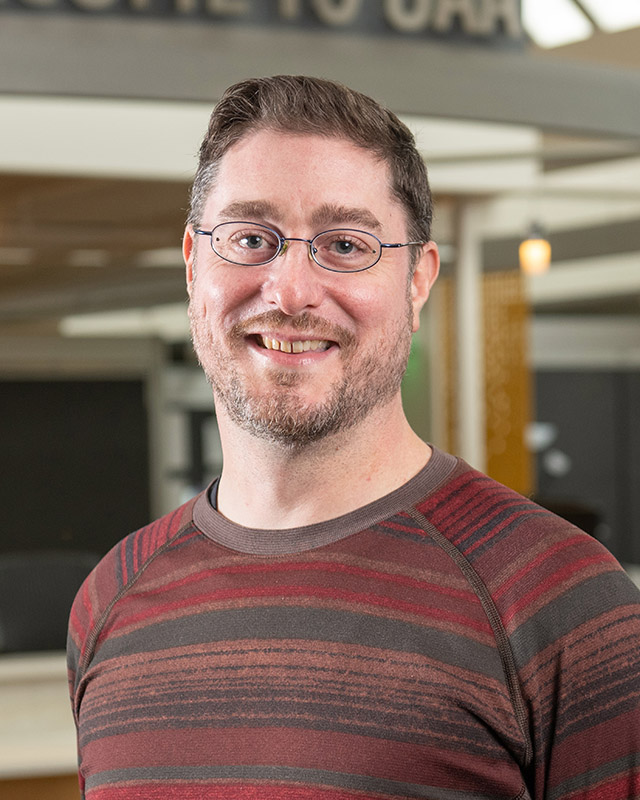 Travis Hedwig, PhD, MA
Travis Hedwig, PhD, MA
Associate Professor of Health Sciences
University of Alaska Anchorage
CV
I am running for a board position to help facilitate the same opportunities for students and applied/practicing anthros as the SfAA has provided for me. As a curious and developing applied anthropologist eager to translate what I was learning in the classroom into community, the SfAA was the first professional organization I felt welcomed into. The 2005 meetings in Santa Fe were one of the first opportunities I had to present work to an audience of peers and partners. The SfAA has consistently been one of the most important and supportive professional organizations I have ever been a part of. The mentorship I have received through the SfAA is something I intend to pay forward if elected as a board member. I have a particular interest in demystifying the conference experience for newer members, reducing barriers to participation for all members and partners, and promoting new leadership opportunities and experiences torespond to new and emerging problems in our world. My academic genealogy is explicitly applied (MA inapplied cultural anthropology from the University of Alaska Anchorage, PhD in applied medical anthropology from the University of Kentucky) and has been instrumental in helping me translate anthropological perspectives into practice in partnership with communities. My goal is to be accessible and responsive to concerns from the membership while serving to expand our community of practice and advance a scholarship of engagement that is respectful, inclusive, and committed to working across disciplines, perspectives, and ways of being and knowing to better understand and address all manner of contemporary human health and social issues. Thank you for considering my nomination.
David Himmelgreen
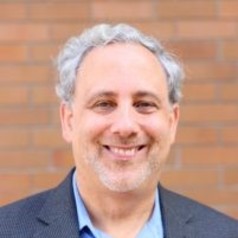 David Himmelgreen, Ph.D.
David Himmelgreen, Ph.D.
Department of Anthropology
University of South Florida
CV
Like many otherprofessional associations, the SfAA has experienced many challenges since the beginning of the COVID-19pandemic. As a longstanding Sustaining Fellow, I have the relevant experience and teamwork ethic to successfullyaddress these challenges. My experience in the SfAA includes serving as a co-program chair of the 2007 Annual Meeting in Tampa and serving as a co-editor of Human Organization during the last 3.5 years (my term as co-editor will be endings on December 31, 2022). Other relevant experience includes serving as the Chair of Anthropology atthe University of South Florida (USF; 2014- 2020), Executive Board Member of the American Anthropological Association (2014-2015), President of the National Association for the Practice of Anthropology (2018-2020), and co-editor of the Annals of Anthropological Practice (2008-2014). Currently, I am the Director of the USF Center for Advancement ofFood Security & Healthy Communities which has secured over $500,000 in grants and contracts during the last fewyears.
Based on my previous experience in and outside of the SfAA, I would like to focus on the following if elected to the Board.
-
Increase membership of practicing anthropologists and students in the SfAA by offering more incentives and opportunities to shape the future of the association
-
Continue my work with the publications committee to facilitate changes in our journals and newsletter, including increasing their visibility and metrics and working towards open access
-
Develop information sessions and workshops to raise the visibility of the SfAA among the next generation of applied and practicing anthropologists. These can be offered virtually at anthropology departments and other venues.
-
Create opportunities to connect with biological anthropologists and public health researchers and recruit them into the association. For example, there is a growing number of junior biological anthropologists who are doing applied research and could find a home at the SfAA
-
Developing new fundraising opportunities to sustain the association. For example, develop more methods workshops that could be offered at the annual meeting or virtually
-
Explore new strategies to boost participation into the annual meeting taking into account ongoing economic constraints for many of our members.
Eugene Richardson
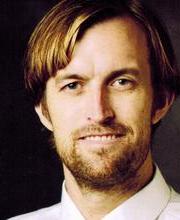 Eugene Richardson, MD, PhD
Eugene Richardson, MD, PhD
Assistant Professor of Global Health and Social Medicine
Harvard Medical School
CV
Eugene Richardson, MD, PhD is a physician-anthropologist based at Harvard Medical School. He previously served as the clinical lead for Partners In Health’s Ebola response in Kono District, Sierra Leone, where hecontinues to conduct research on the social epidemiology of Ebola virus disease and COVID-19. He also worked as a clinical case management consultant for the WHO’s Ebola riposte in Beni, Democratic Republic of the Congo. More recently, he was seconded to the Africa CDC to join their COVID-19 response. His main focuses on biosocial approaches to epidemic disease containment as well as the health effects of climate change. As part of these efforts, he is co-chair of the Lancet Commission on Reparations and Redistributive Justice and co chair of the BMJGH Commission on Epistemic Injustice.
Dr. Richardson is a proponent of critically applied public anthropology. In his recent book, Epidemic Illusions: On the Coloniality of Global Public Health (MIT Press), he deploys a range of rhetorical tools and draws onhis clinical and anthropological work to demonstrate how public health practices–from epidemiological modeling and outbreak containment to Big Data and causal inference–play an essential role in perpetuating a range of global inequities.
Dr. Richardson is also the lead author on a new chapter on the “Health Effects of Climate Change” inHarrison’s Principles of Internal Medicine. If elected, he would help promote the use of applied anthropology to help achieve global health equity and climate justice, with a focus on reparations advocacy as well asfinding solutions to the threats faced by those least responsible for, and most threatened by, unfolding ecological disasters.

Cart
Search